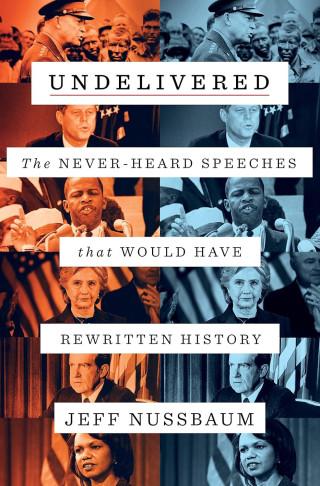And so Kennedy sought to address this dangerous, angry, violence-inducing disassociation from reality in his address. He distinguished this kind of attitude from the constant complainers, the “dissident voices” who will always be “expressing opposition without alternatives, finding fault but never favor, perceiving gloom on every side and seeking influence without responsibility.”
Those voices of constant complaint, Kennedy was to say, “are inevitable.” While he accepted the inevitability of dissident voices, he was more concerned about those who knowingly promote and spread lies.
But today other voices are heard in the land — voices preaching doctrines wholly unrelated to reality, wholly unsuited to the sixties, doctrines which apparently assume that words will suffice without weapons, that vituperation is as good as victory and that peace is a sign of weakness. At a time when the national debt is steadily being reduced in terms of its burden on our economy, they see that debt as the greatest single threat to our security. At a time when we are steadily reducing the number of Federal employees serving every thousand citizens, they fear those supposed hordes of civil servants far more than the actual hordes of opposing armies.
Update hordes of immigrants for hordes of civil servants (the point about the debt, ironically, remains as accurate and relevant now as it did then), and this warning resonates clearly today.
Ignorance and misinformation can handicap the progress of a city or a company, but they can, if allowed to prevail in foreign policy, handicap this country’s security.
Kennedy’s hope? “We cannot expect that everyone, to use the phrase of a decade ago, will ‘talk sense to the American people.’ But we can hope that fewer people will listen to nonsense.”
Leaders play a role in increasing our awareness of threats and conditioning our responses to them.
Would Americans have sat up and paid attention if their president had hectored them to stop listening to nonsense?
If Kennedy had lived and secured a second term, would he have made combatting domestic extremism a priority — articulating the threat from within as clearly as clearly as he articulated the threat from Russia in his first campaign?
Of course, we cannot know.
But what we do know is that Kennedy wanted an America with fewer people listening to and falling prey to nonsense. In his unspoken last speech, Kennedy left us with a warning against the type of angry, disassociated rhetoric that is causing such damage to, and within, democratic governments around the world today.
